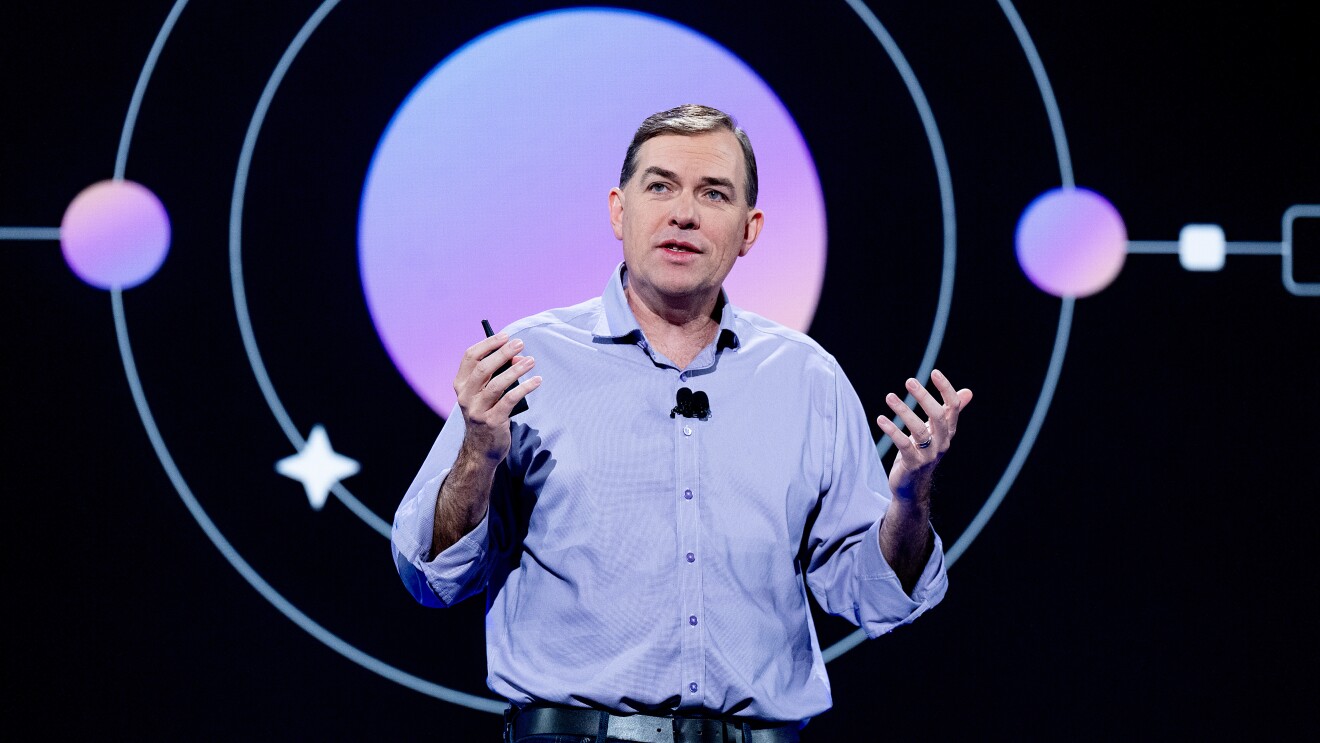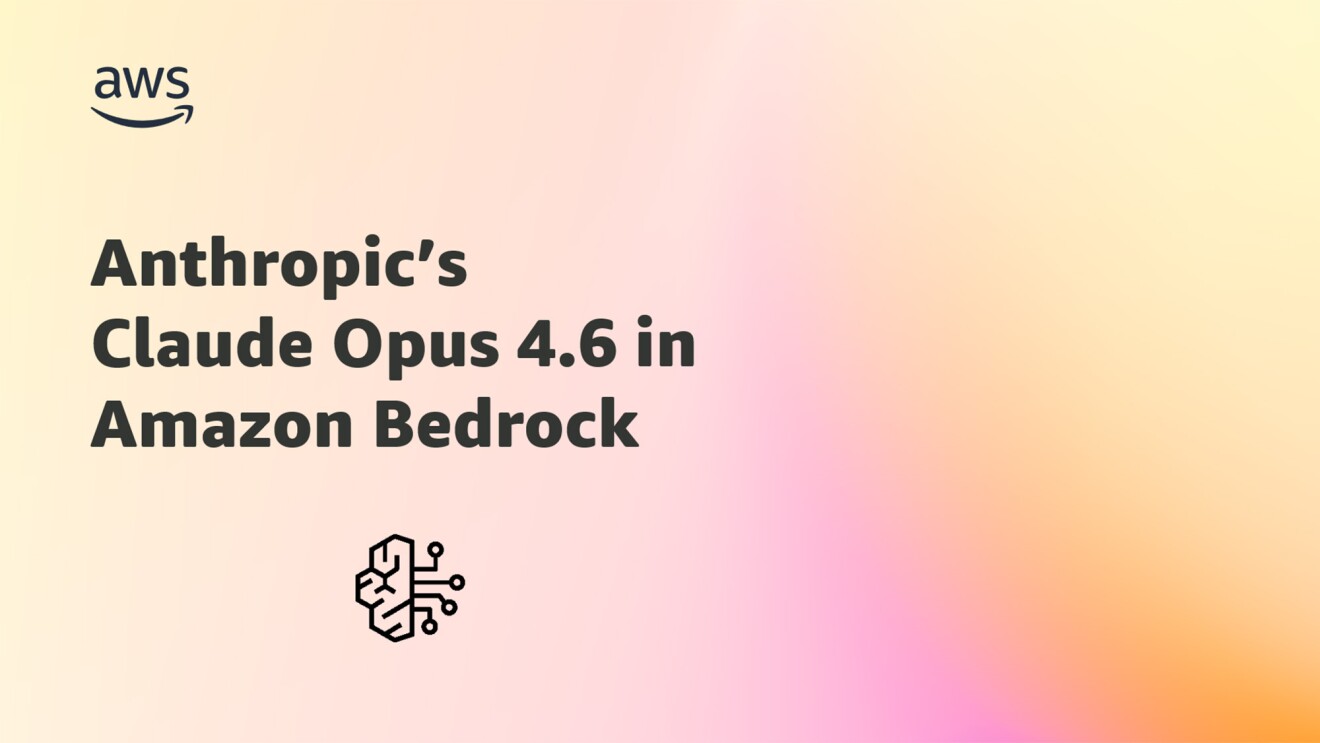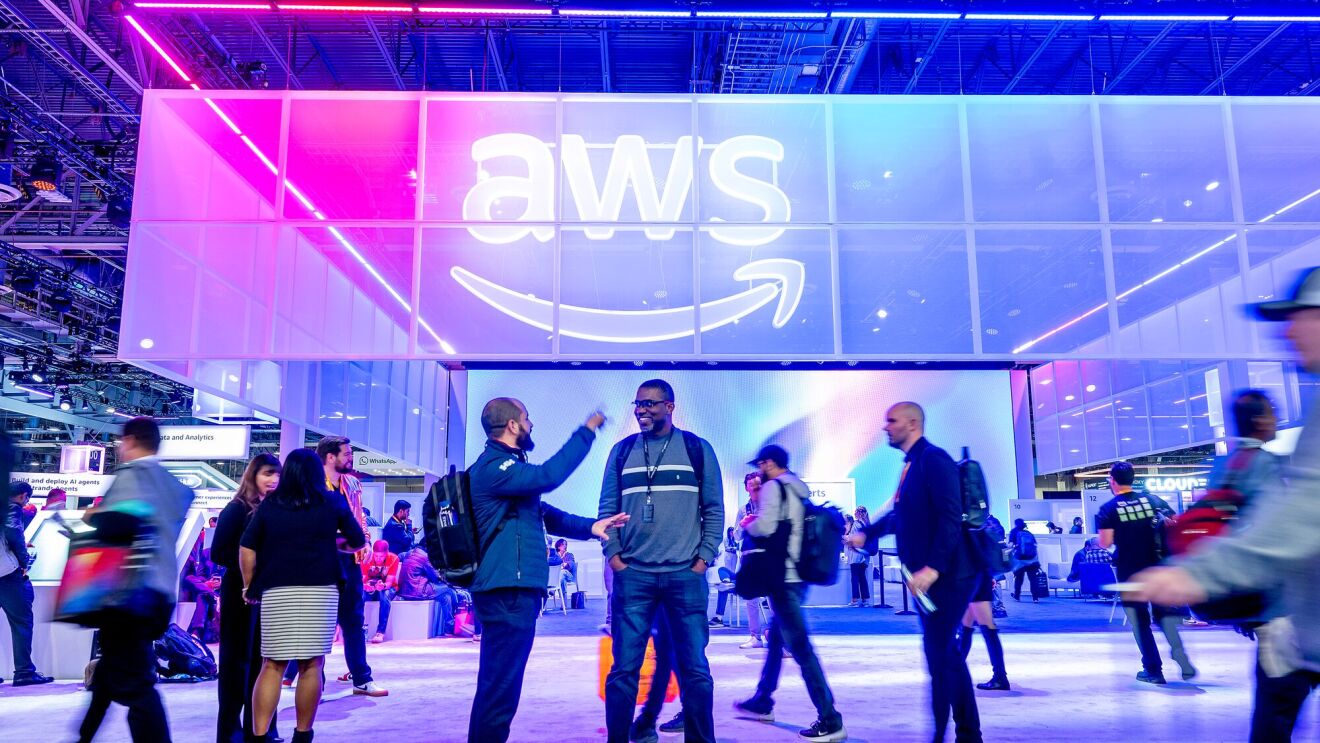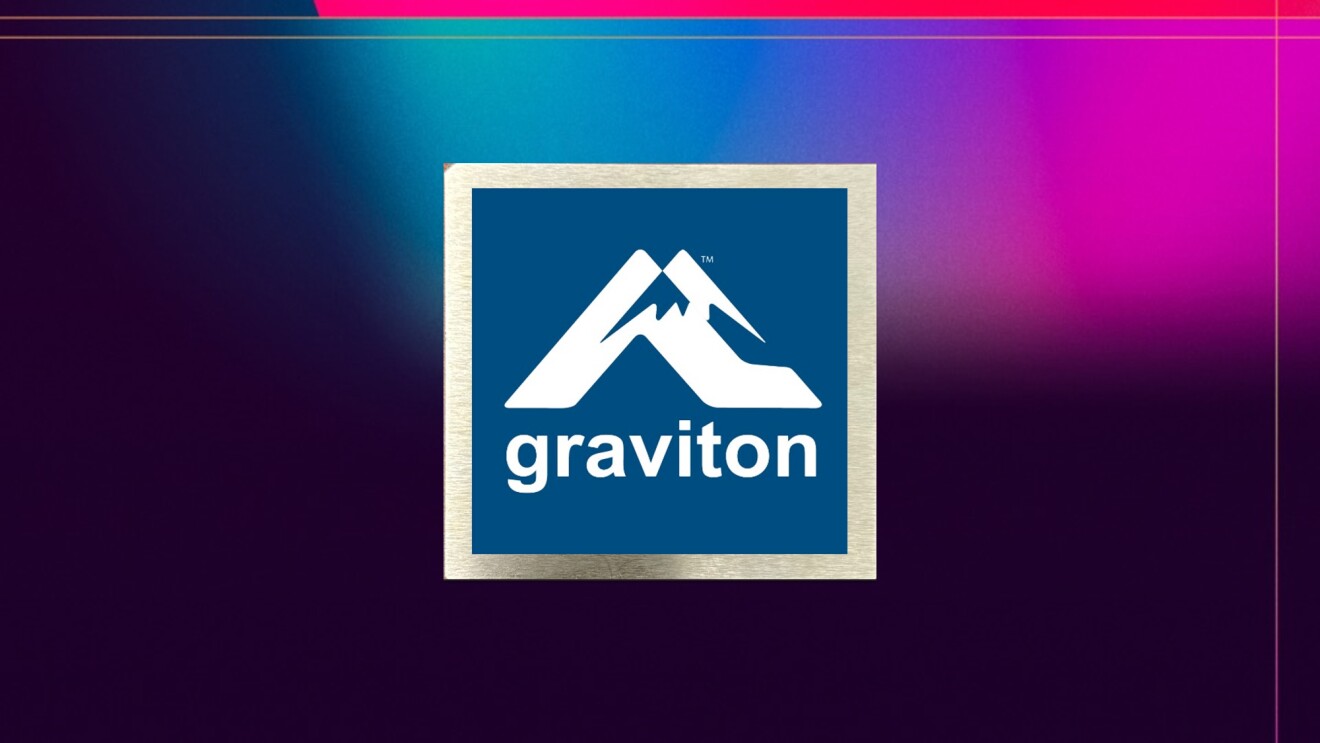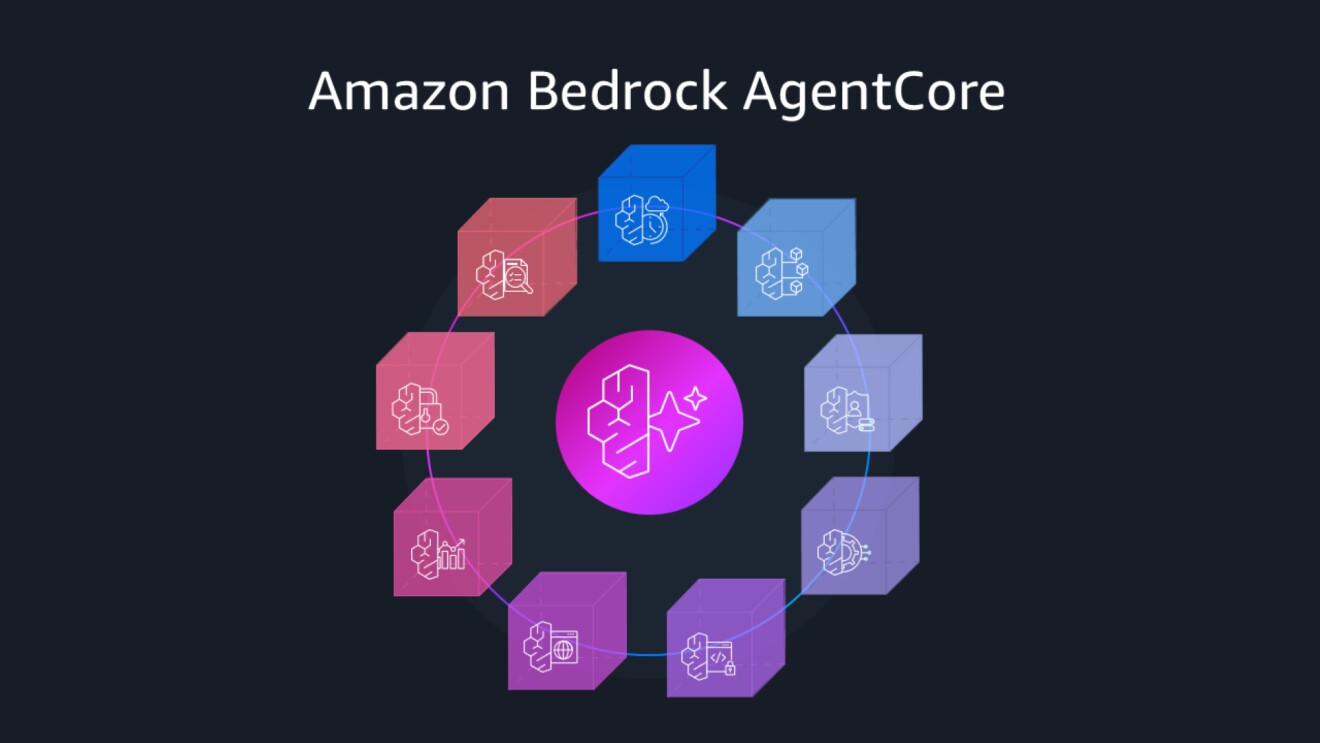In the early days of her businesses, Nancy Do felt isolated—and not just because she was a budding entrepreneur trying to figure things out. Do is queer, female, and a minority, and she saw few businesses owners around her with the same background.
“I was very much in my own bubble,” Do said. “I think that’s the same for lots of entrepreneurs. You have your head down, trying to grind it out. That in itself can be isolating. It’s even more isolating if you feel invisible because you have a different gender expression.”
Do is the founder of Endo Industries, an equity cannabis company that has received support from StartOut, an organization dedicated to enabling the economic empowerment of LGBTQ entrepreneurs and researching the economic impacts of LGBTQ discrimination.
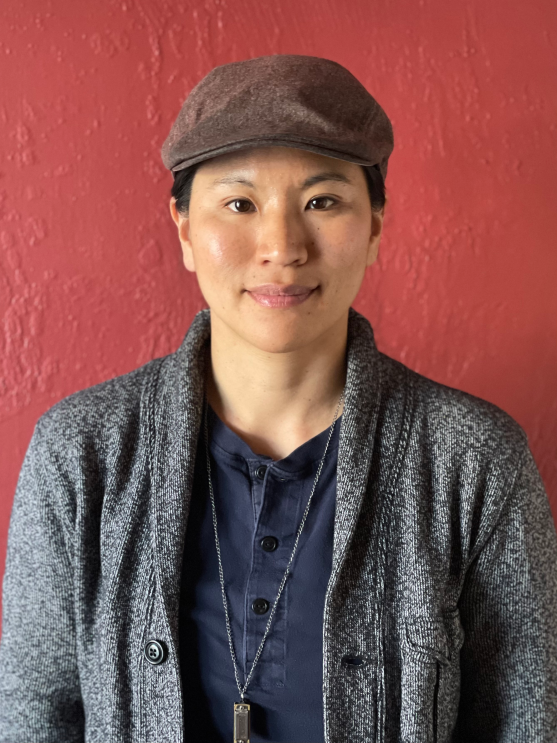 Nancy Do
Nancy DoAccording to StartOut data, if everyone had equal access to funding and resources, there would be 10 times more LGBTQ entrepreneurs in the U.S. Not only that, but states with unfriendly LGBTQ policies have lost over 1 million jobs as LGBTQ entrepreneurs moved away to start their own businesses.
To help address this opportunity gap, AWS is working with StartOut to provide LGBTQ entrepreneurs with access to business and technical expertise, fundraising support, and critically important mentorships.
“Mentors have had a tremendous impact on me as a young entrepreneur,” said Do. “What I like about StartOut is that they take time to understand the kind of mentor you're looking for, to make sure there's a clear match.”
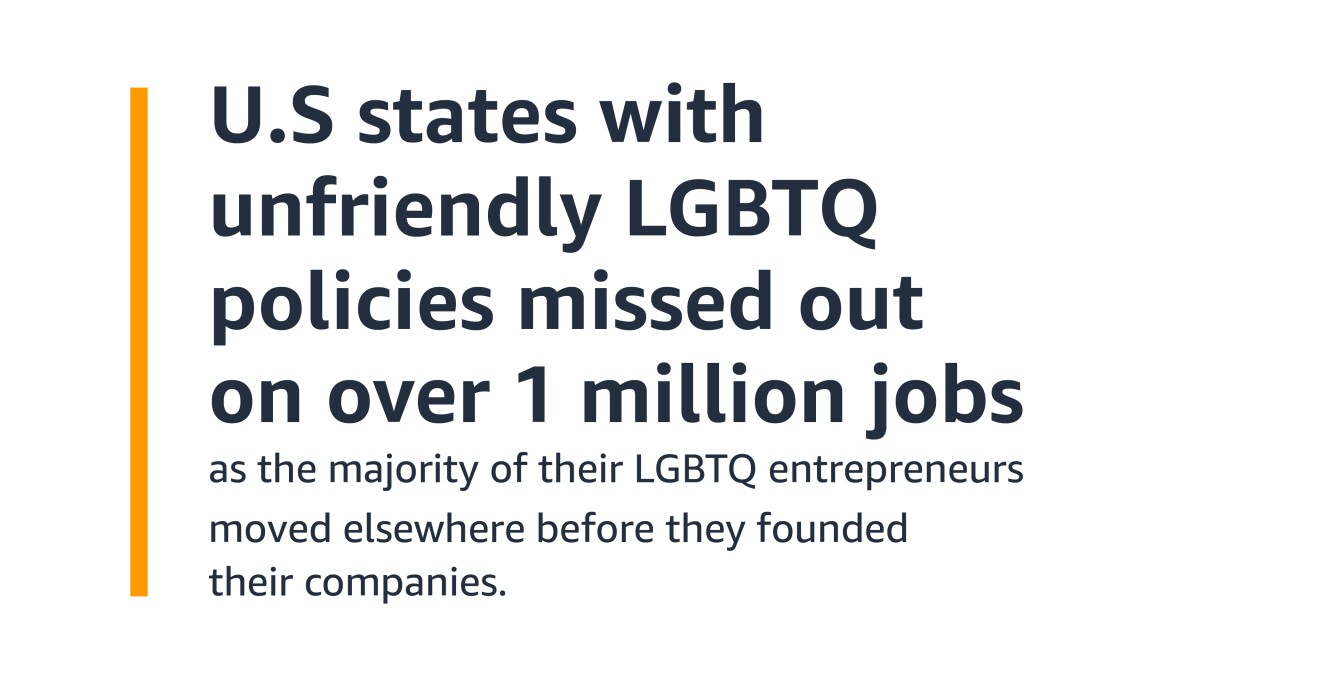
“One of my mentors, Sara Batterby, who very sadly passed away, instilled me with confidence in a way no one else has,” said Do. “I remember her just demolishing one of my fundraising pitch decks. She asked tough questions and was very critical, but she believed in me. I could feel it.”
StartOut offers initiatives, grants, and accelerator programs, as well as a wide range of mentoring, education, and networking opportunities for young companies founded by LGBTQ entrepreneurs. To date, the organization has matched more than 750 mentors with mentees and aims to increase that number substantially by collaborating with AWS, which will provide 50 mentorships over the next year.
LGBTQ entrepreneurs from across the U.S. will be matched with AWS mentors according to their specific business needs, such as help with fundraising, go-to-market, or technical development. Once matched, mentors will work with mentees and their companies, helping them overcome common personal development and startup growth challenges, and playing a critical role in setting them up for success.
According to StartOut, the inability to locate mentors, a lack of visible role models, and being denied access to capital are three of the many challenges LGBTQ entrepreneurs encounter.
“Creating a company is incredibly intensive. You can’t separate it from the rest of your life,” said Franck Marchis, senior researcher and science outreach manager at the SETI Institute, a California-based nonprofit research organization.
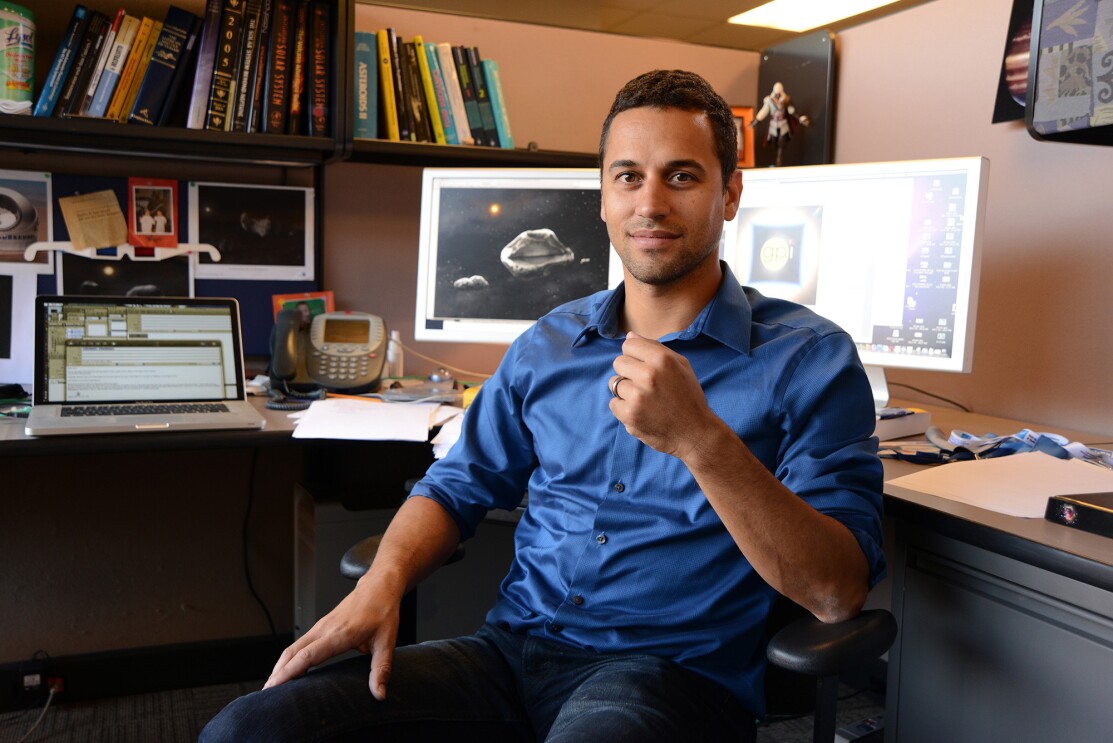 Franck Marchis
Franck Marchis“I imagine if you’re an LGBTQ entrepreneur in a conservative state, where there is no representation, it must be very difficult to find your network. In some places, it will not be OK to bring your husband to a fundraising meeting,” said Marchis, who is also the chief scientific officer at Unistellar, a startup he joined as a co-founder in 2017 to produce the first high-quality, digital connected telescope, which uses AWS for making scientific discoveries.
StartOut, which uses "LGBT" in its published research, shows many LGBT entrepreneurs still choose to remain quiet about their status while trying to raise capital for their businesses. Almost 40% said they chose not to self-identify as members of the LGBT community because it wasn’t relevant or they were concerned doing so might hurt their chances to get capital.
Gender also plays a significant role in achieving funding. While 47% of gay, bisexual, or transgender male entrepreneurs raised more than $2 million to fund their businesses, 70% of their female counterparts raised less than $750,000, according to StartOut data.
In spite of the substantial growth in support of LGBTQ rights and representation in recent years, clear risks remain—including in the business world. Until last year, it was still legal for an individual to be fired for identifying as LGBT in 28 U.S. states.
“I was lucky enough to come out at a time when it was much more accepted, but it was still scary,” said Do. “That fear stays with you. You worry what the long-term consequences might be if you say, ‘I have a partner who is female.’ You never know if it might cost you a deal or a potential partnership.”
“If you’re a startup founder, you’re already going to be picked apart for your business ideas,” said Ashleigh Wilson, founder and CEO of Auditmate, a disruptive elevator and escalator auditing software company, and a member of the StartOut programming board. “You don’t want to be picked apart as a human being as well.”
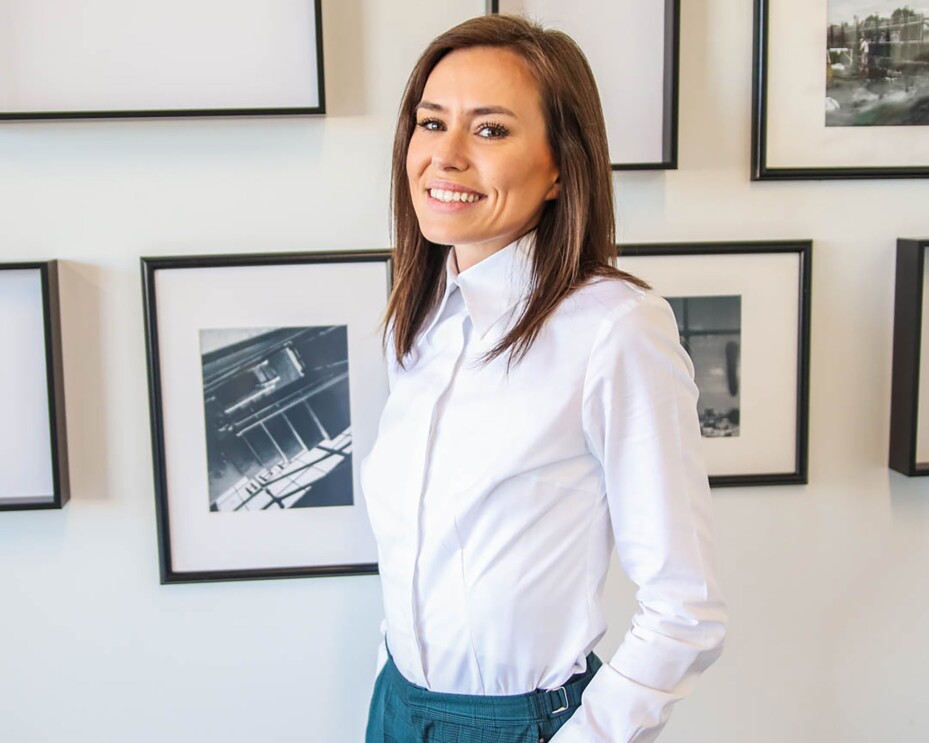 Ashleigh Wilson
Ashleigh WilsonWilson had years of experience in the elevator industry, but none in technology, when she started her business. She said having access to StartOut’s resources has been “life changing” when navigating the new field.
“StartOut makes information available to everyone,” she said. “Not only tech folks or certain groups. It’s important to me to make more people in my community aware that not only are there folks who want to help, there are also a wide range of grants and programs available.”
In her role as a board member, Wilson is involved in developing, producing, and marketing StartOut events and activities to help create what she described as a “sense of community for folks around the country.”
“I know how difficult this is, even with some of the privileges I have,” Wilson said. “One of these is being in San Francisco, close to many folks like me. Not everyone has that same access to community. If you’re alone, as so many of us are, especially at the moment, and you have an idea, it can feel impossible. Especially if you can’t see an example of someone who looks like you, who’s done it before.”
Do echoes those comments. She remembers the first StartOut event she attended—a talk by Helen Russell, co-founder and executive chair of Equator Coffees—as a turning point.
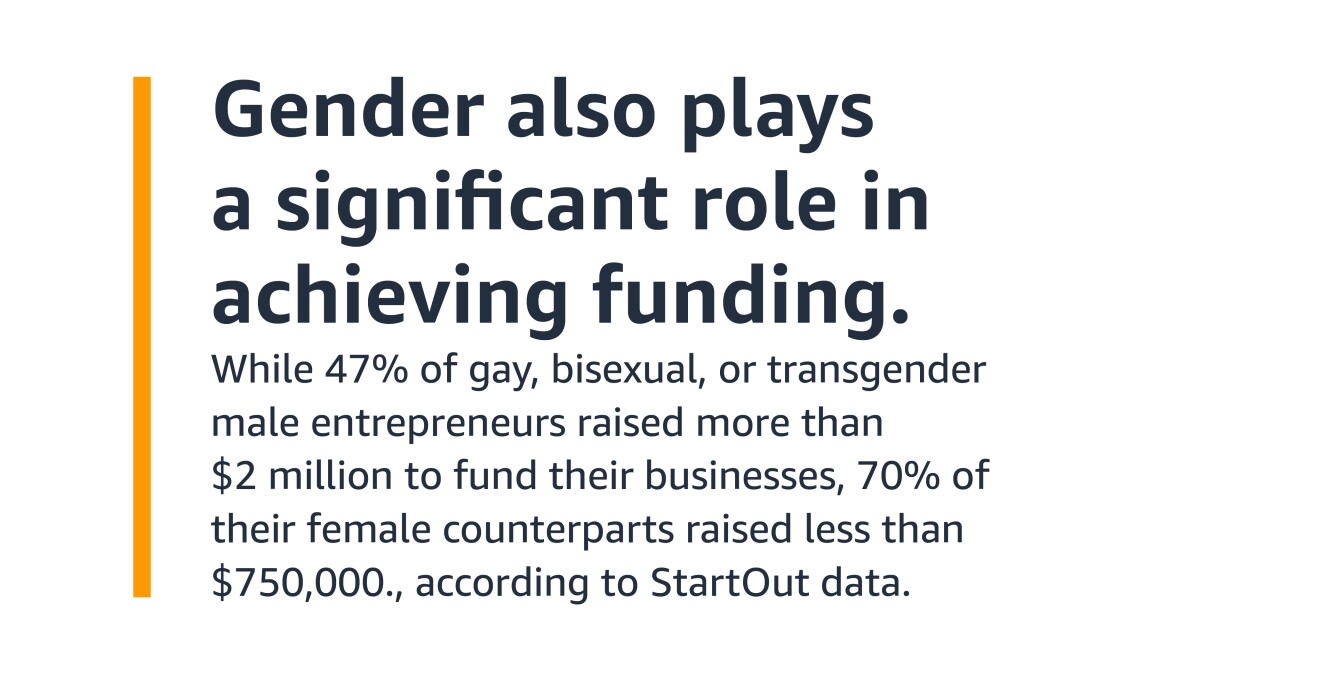
“Here was this LGBTQ entrepreneur, who had done really well and in a very visible kind of way,” Do said. “She wasn’t hiding behind anything. When she talked about her challenges, they were so real and relatable to me. I came away feeling completely inspired and not so alone.”
For Marchis, who started Unistellar “knowing almost nothing” about setting up a company, StartOut has enabled him to meet other LGBTQ entrepreneurs and investors. The interactions provide not only a vital source of advice and guidance, but also an energizing sense of connection.
“I was so used to going to scientific conferences where I was one of few people of color, never mind gay,” he said. “So when I saw how diverse the StartOut events were, I just thought, ‘wow.’ It’s so refreshing to go to a place where you see so many other people like you.”
Do agreed, but was also quick to point out that the playing field within the LGBTQ community itself is far from level—an imbalance she is trying to address through her own company.
“I’ve experienced having my abilities second-guessed for being these different identities, as a woman, and as a woman of color,” she said. “Now, as a business owner, it’s important to me to build opportunity through our hiring practices, and through the professional development and growth we can offer.”
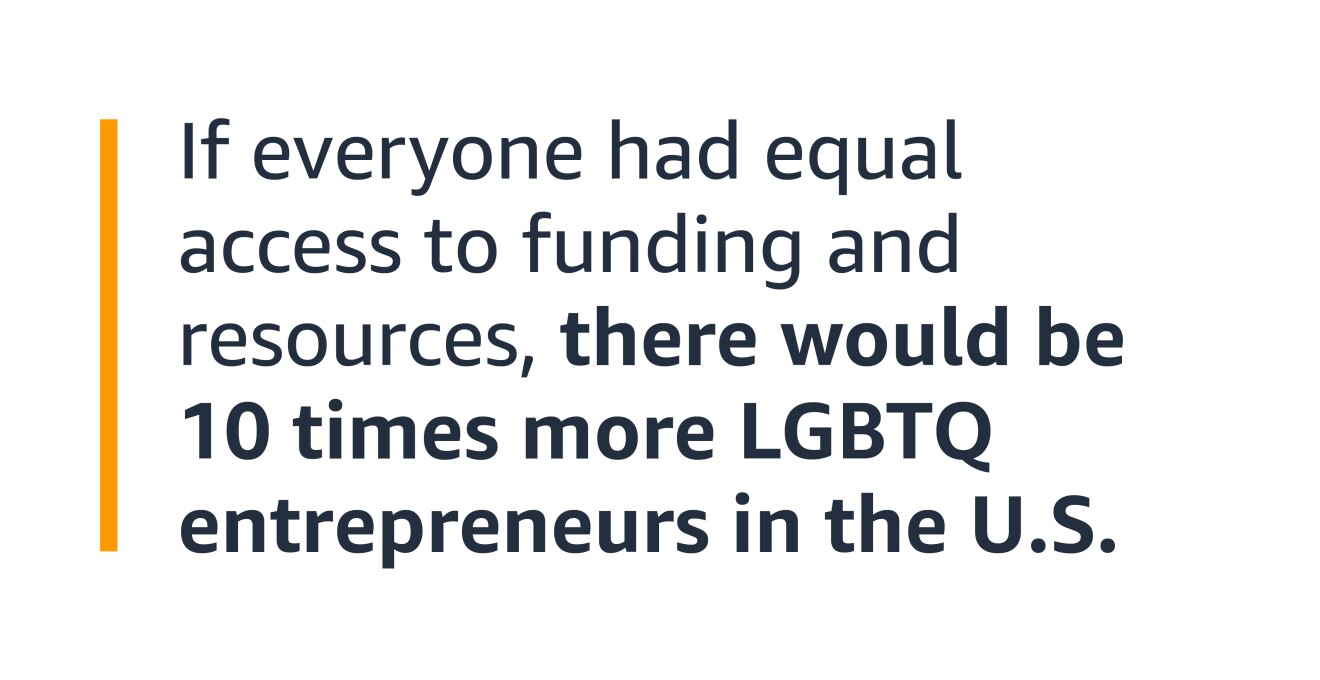
Do is also establishing a hiring program for formerly incarcerated people. “I can’t imagine running a cannabis business without factoring that in,” she said.
“It’s mind blowing to me that you can be making money from the same thing so many people are currently still sitting in jail for. It takes a lot of work to hire for diversity, especially when you’re at the early stages of trying to build a stable business,” she said. “The easiest thing to do is hire the most experienced people. But you have to look beyond the resume and be willing to say, ‘You know what, maybe we won't be there first, but we're going to get to the right place, and we’re going to do it with the right people.’”
AWS’s collaboration with StartOut is part of its broader commitment to address common challenges faced by underrepresented business founders, including a mentorship program focused on helping to address the resource gap that underrepresented founders face in the business world.
The next event in the AWS and StartOut collaboration will be a virtual Demo Day on June 22, starting at 4 p.m. PT, LGBTQ founders will pitch to a judging panel made up of investors, venture capitalists, entrepreneurs, and corporate partners. Awards include $5,000 for first place, $3,000 for second place, and $2,000 for third place. Learn more.
Find out about matching with or becoming a mentor through StartOut.
Learn more about StartOut

